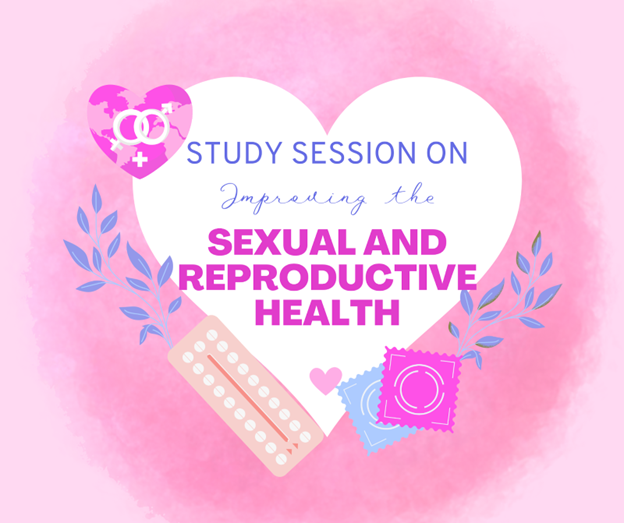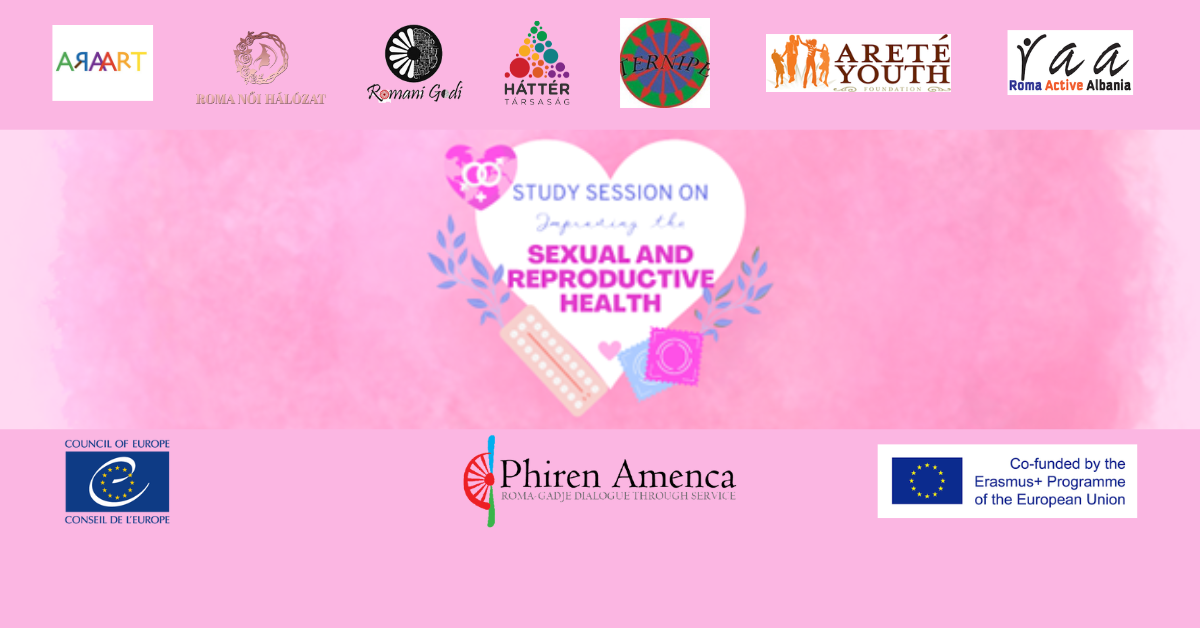November 17-23, 2024 Budapest
!DEADLINE EXTENDED: APPLY BY OCTOBER 10!
- Does everyone receive the same treatment when they consult a doctor about reproductive and sexual health?
- Have you ever thought about the disadvantages and discrimination that Roma women and Roma LGBTQI+ people might face in terms of menstruation, pregnancy, or fertility treatments?
- What is missing from sex education?
- What can we do for the sexual health and awareness of these groups?
- What is consent and what can we do to make sure that everyone knows about it?
During our study session we will address these questions through learning from each other, sharing our experiences and exploring ways to address them.
When? 17-23 November 2024 (the 17th and the 23rd are travel days)
Where? Budapest (Hungary), European Youth Centre
If you feel you would like to learn and discuss these issues with other young people, fill out the application form: https://forms.gle/geBsBTw1CvuH6U926
Application deadline: September 30, 2024
The aim of the Study Session is to promote the sexual and reproductive health rights of Roma women and the Roma LGBTQI+ people.
The specific objectives are
- to create a safer space for knowledge exchange and personal support for Roma women and Roma LGBTQI+ people;
- to explore and understand sexual and reproductive services from a human rights perspective;
- to exchange experiences of antigypsyism in dealing with the sexual and reproductive health of Roma women and Roma LGBTQI+ people;
- to identify best practices on local, national, and European levels in terms of sexual and health education;
- to develop recommendations addressing the issues related to the sexual health of Roma women and Roma LGBTQI+ people identified; and to make plans for the implementation of these recommendations.

Profile of participants
- Interest and/or previous engagement with the Roma, feminist or LGBTQI+ movements (Roma women and LGBTQI+ applicants will be prioritized)
- Confident English language skills
- Age 18-30
- Residence in any Council of Europe Member State, and especially in Albania, Czech Republic, Belgium, Bulgaria, Hungary, Slovakia, or Turkey.
Travel, accommodation, food, and visa costs are covered by the Council of Europe. Participants will be hosted in double rooms.


